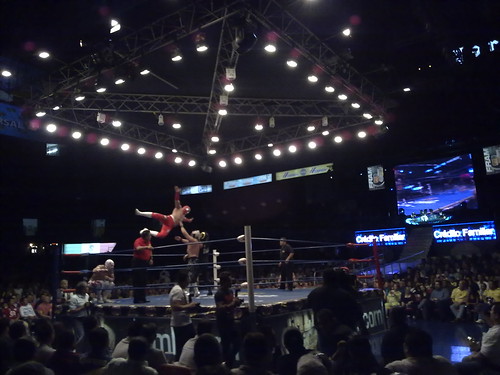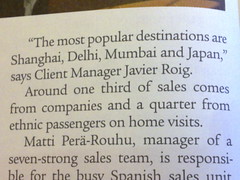I’ve said it before and I’ll say it again: given that the amount of foreigners in Finland is the lowest in western Europe, and that I have little if anything to do with the stereotype of immigrants here besides the fact that I’m a little bit darker than the average I continuously feel I’m some sort of pioneer on a mission to challenge those beliefs.
The latest episode was funnily enough with a teacher of Finnish as a foreign language. When I explained I’m very interested in knowing what kind of Finnish literature are teenagers exposed to in high school, she was more than a little surprised (I’m not sure in a positive way) especially since I continued by saying that it is so that I understand Finnish cultural references better as I haven’t been exposed to them in my professional studies (“Oh, so you have a profession?”) even though I have taken the Yleiskielentutkinto, the official exam of Finnish proficency.
I wonder what kind of reaction would I get if I told her I’m thinking of starting Swedish lessons, which would be my 9th language…




